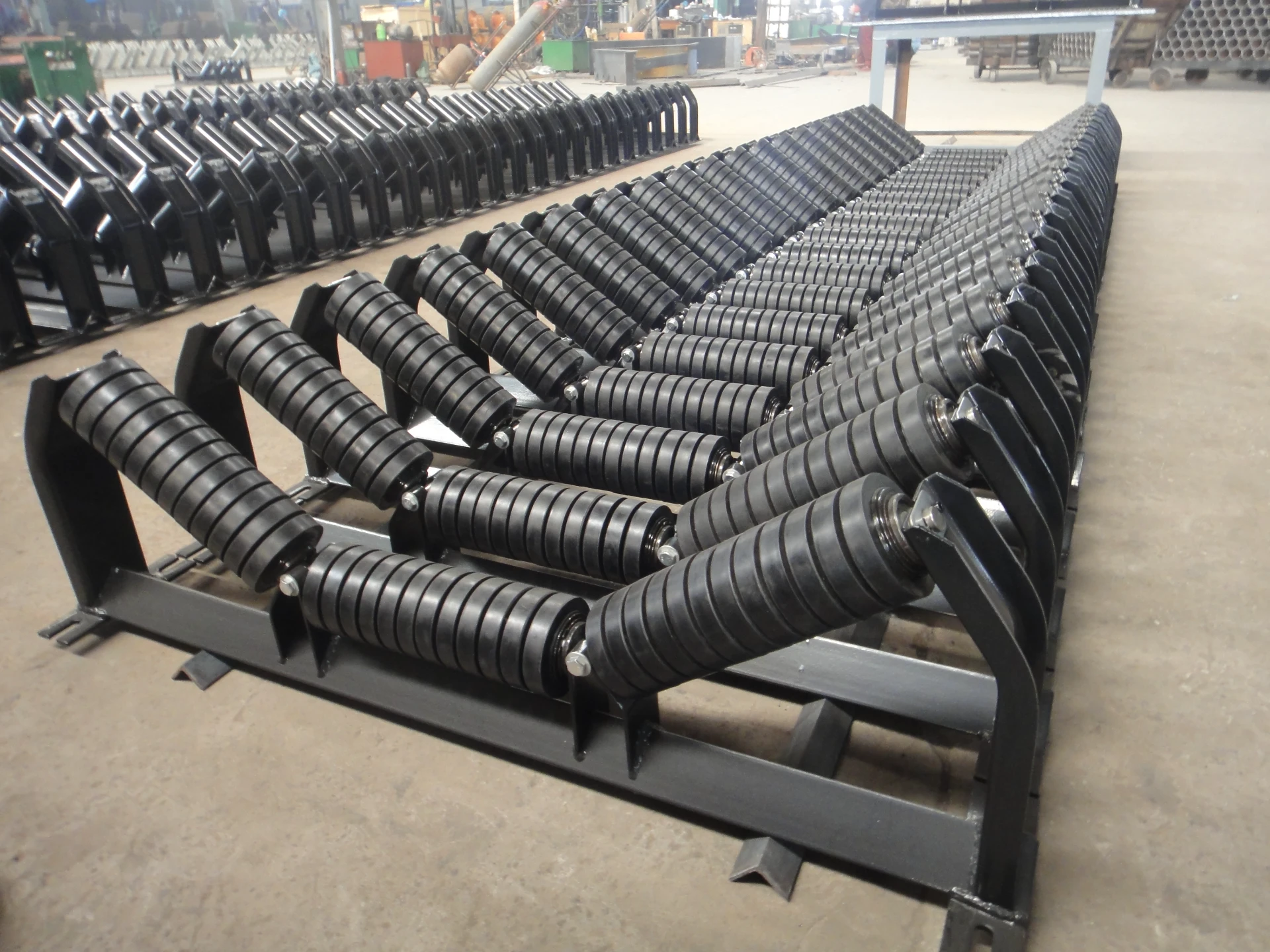 Afrikaans
Afrikaans  Albanian
Albanian  Amharic
Amharic  Arabic
Arabic  Armenian
Armenian  Azerbaijani
Azerbaijani  Basque
Basque  Belarusian
Belarusian  Bengali
Bengali  Bosnian
Bosnian  Bulgarian
Bulgarian  Catalan
Catalan  Cebuano
Cebuano  Corsican
Corsican  Croatian
Croatian  Czech
Czech  Danish
Danish  Dutch
Dutch  English
English  Esperanto
Esperanto  Estonian
Estonian  Finnish
Finnish  French
French  Frisian
Frisian  Galician
Galician  Georgian
Georgian  German
German  Greek
Greek  Gujarati
Gujarati  Haitian Creole
Haitian Creole  hausa
hausa  hawaiian
hawaiian  Hebrew
Hebrew  Hindi
Hindi  Miao
Miao  Hungarian
Hungarian  Icelandic
Icelandic  igbo
igbo  Indonesian
Indonesian  irish
irish  Italian
Italian  Japanese
Japanese  Javanese
Javanese  Kannada
Kannada  kazakh
kazakh  Khmer
Khmer  Rwandese
Rwandese  Korean
Korean  Kurdish
Kurdish  Kyrgyz
Kyrgyz  Lao
Lao  Latin
Latin  Latvian
Latvian  Lithuanian
Lithuanian  Luxembourgish
Luxembourgish  Macedonian
Macedonian  Malgashi
Malgashi  Malay
Malay  Malayalam
Malayalam  Maltese
Maltese  Maori
Maori  Marathi
Marathi  Mongolian
Mongolian  Myanmar
Myanmar  Nepali
Nepali  Norwegian
Norwegian  Norwegian
Norwegian  Occitan
Occitan  Pashto
Pashto  Persian
Persian  Polish
Polish  Portuguese
Portuguese  Punjabi
Punjabi  Romanian
Romanian  Russian
Russian  Samoan
Samoan  Scottish Gaelic
Scottish Gaelic  Serbian
Serbian  Sesotho
Sesotho  Shona
Shona  Sindhi
Sindhi  Sinhala
Sinhala  Slovak
Slovak  Slovenian
Slovenian  Somali
Somali  Spanish
Spanish  Sundanese
Sundanese  Swahili
Swahili  Swedish
Swedish  Tagalog
Tagalog  Tajik
Tajik  Tamil
Tamil  Tatar
Tatar  Telugu
Telugu  Thai
Thai  Turkish
Turkish  Turkmen
Turkmen  Ukrainian
Ukrainian  Urdu
Urdu  Uighur
Uighur  Uzbek
Uzbek  Vietnamese
Vietnamese  Welsh
Welsh  Bantu
Bantu  Yiddish
Yiddish  Yoruba
Yoruba  Zulu
Zulu conveyor idler types
Types of Conveyor Idlers An Overview
Conveyor idlers are essential components in the bulk material handling industry, playing a crucial role in the efficient operation of conveyor systems. They support the conveyor belt, facilitate its movement, and contribute to the overall stability and functionality of the system. Understanding the various types of conveyor idlers is key for operators and engineers seeking to optimize their conveyor systems.
Types of Conveyor Idlers An Overview
2. Return Idlers Designed to support the conveyor belt as it returns to the loading point, return idlers help maintain proper tension and alignment. These idlers are typically flat and designed to minimize friction and wear on the belt. By keeping the belt elevated and reducing contact with the ground, return idlers also help prolong the life of the belt.
conveyor idler types

3. Impact Idlers Impact idlers are specifically engineered to absorb the shock of materials dropping onto the conveyor belt. Located at loading zones, these idlers are equipped with rubber or cushioned surfaces to reduce the impact force and protect the belt from damage. This feature is crucial in preventing wear and tear, thereby increasing the overall lifespan of the conveyor system.
4. Training Idlers Training idlers, or alignment idlers, are utilized to keep the belt aligned throughout the conveyor system. Any misalignment can lead to belt wear and reduce operational efficiency. Training idlers are strategically placed along the conveyor line to correct any deviations and ensure optimal performance.
5. Special Purpose Idlers In addition to the standard types of idlers, there are also special purpose idlers designed for unique applications. These can include self-cleaning idlers, which remove material buildup on the idler surface, and wing idlers that facilitate the movement of certain bulk materials more effectively. This diversity allows for customization based on specific operational needs.
In conclusion, understanding the various types of conveyor idlers is crucial for enhancing conveyor system performance. Selecting the appropriate idler type for a specific application can significantly improve efficiency, reduce maintenance costs, and extend the life of the conveyor system. As industries continue to evolve, the importance of tailored solutions in conveyor technology remains paramount.
-
Revolutionizing Conveyor Reliability with Advanced Rubber Lagging PulleysNewsJul.22,2025
-
Powering Precision and Durability with Expert Manufacturers of Conveyor ComponentsNewsJul.22,2025
-
Optimizing Conveyor Systems with Advanced Conveyor AccessoriesNewsJul.22,2025
-
Maximize Conveyor Efficiency with Quality Conveyor Idler PulleysNewsJul.22,2025
-
Future-Proof Your Conveyor System with High-Performance Polyurethane RollerNewsJul.22,2025
-
Driving Efficiency Forward with Quality Idlers and RollersNewsJul.22,2025





























